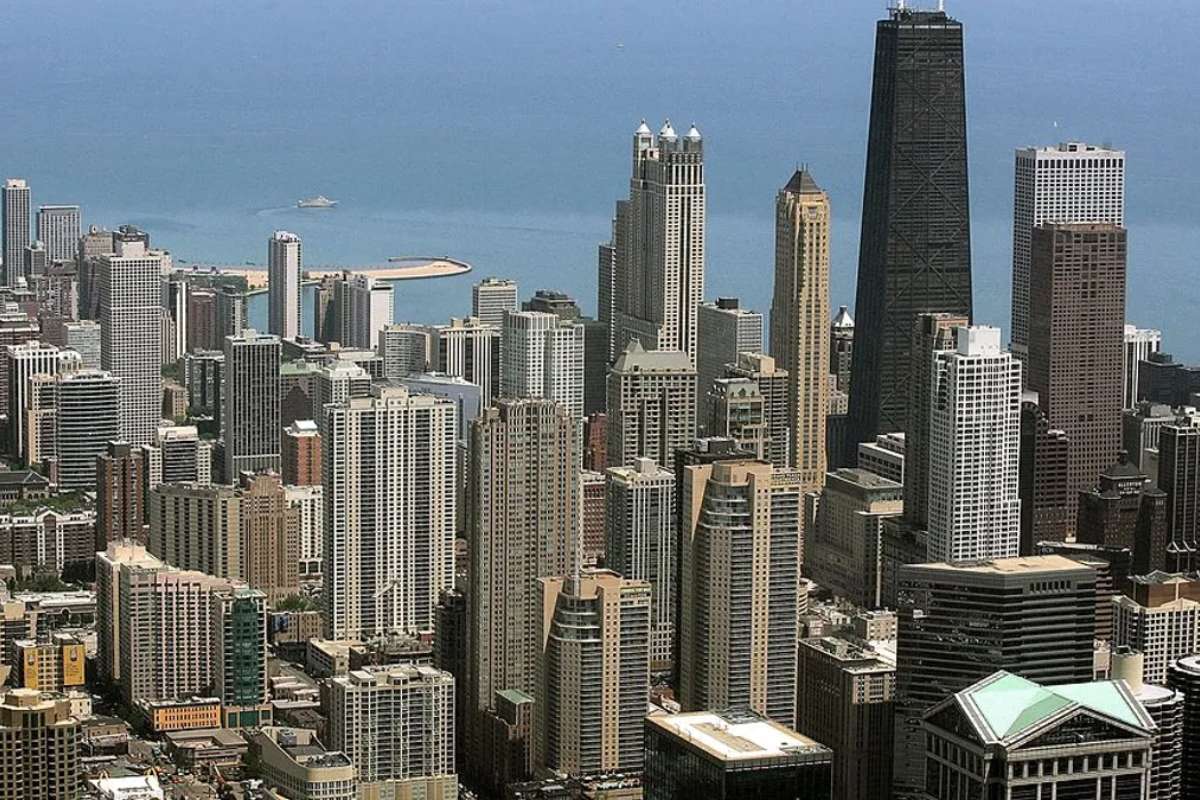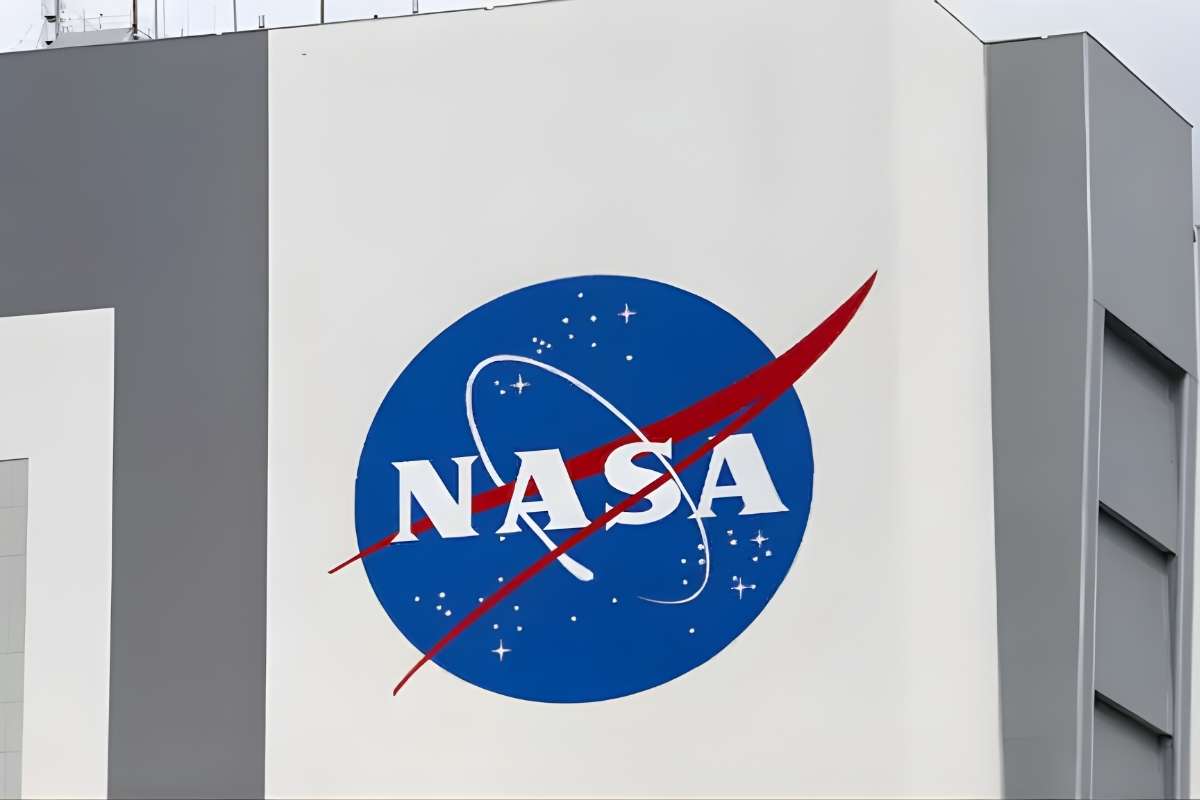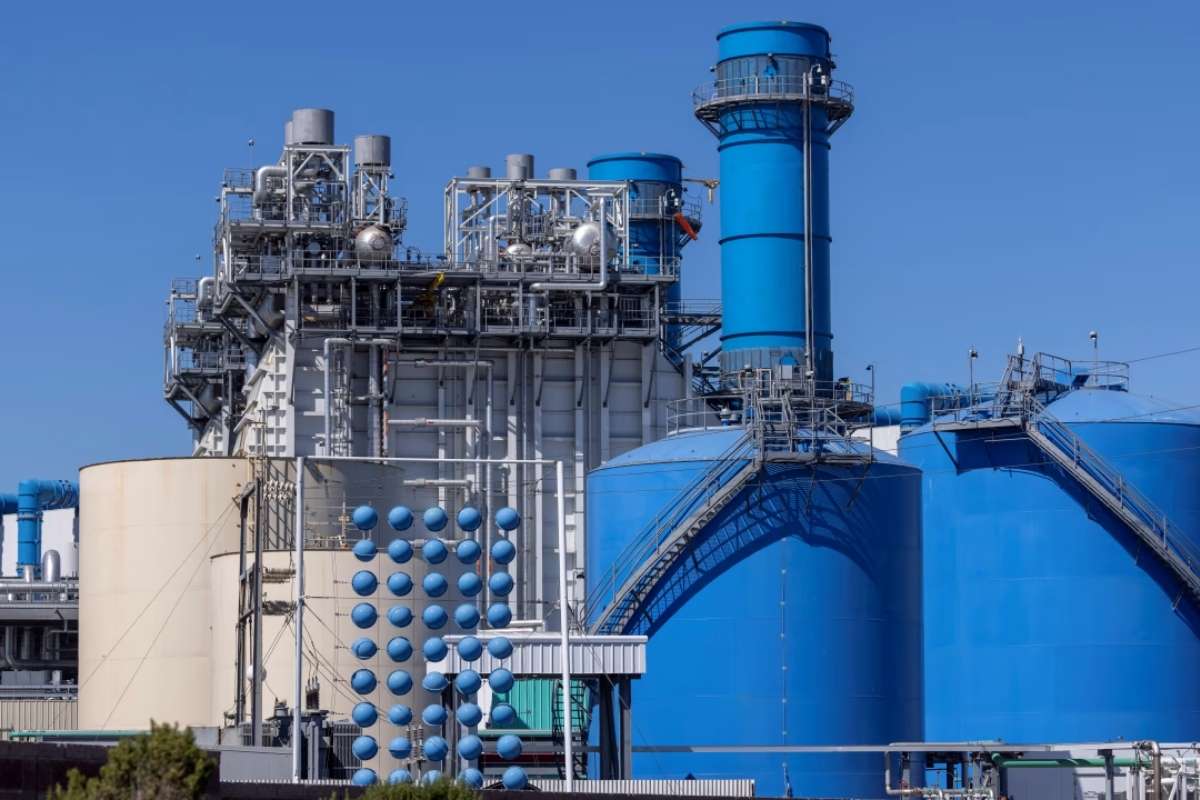A Bold Sustainability Goal
Chicago Commits to a groundbreaking achievement in clean energy. Starting January 1, all of the city’s municipal buildings, including major landmarks like O’Hare and Midway airports, City Hall, and 98 fire stations, will be powered entirely by renewable energy. This monumental shift will primarily rely on Illinois’ largest solar farm, the Double Black Diamond Solar project, which spans 3,800 acres in central Illinois. This transition is expected to reduce Chicago’s carbon emissions by 290,000 metric tons annually—the equivalent of removing 62,000 cars from the roads.
The journey toward this milestone began in 2017 when former Mayor Rahm Emanuel set the goal of sourcing municipal energy from renewables. In 2022, Mayor Lori Lightfoot secured a five-year agreement with energy provider Constellation and solar developer Swift Current Energy to purchase clean power. Swift Current’s solar farm will meet 70% of Chicago’s municipal energy needs, with the remainder covered through renewable energy credits.
Driving Economic and Environmental Benefits
Chicago Commits to the Double Black Diamond Solar project, one of the largest of its kind east of the Mississippi River, which produces enough electricity to power over 100,000 homes. Chicago will purchase half of its output to fulfill its energy needs. Beyond its environmental impact, this initiative is driving economic growth in Illinois. The project is expected to generate $100 million in tax revenue for Sangamon and Morgan counties over its lifespan.
Additionally, Constellation and Swift Current have committed $400,000 annually for clean energy workforce training, which will benefit local organizations like Chicago Women in Trades. This program aims to increase diversity in the renewable energy and construction sectors by offering opportunities for women and other underrepresented groups.
Angela Tovar, Chicago’s Chief Sustainability Officer, emphasized the importance of using the city’s buying power to foster clean energy growth and create new opportunities for residents and the state. “It’s about leveraging resources to benefit both the environment and the community,” she noted.
Leading the Way in Clean Energy
Chicago’s clean energy commitment surpasses those of many other U.S. cities, making it a leader in renewable energy development. According to the World Resources Institute, while over 700 cities have adopted similar clean energy agreements since 2015, Chicago’s initiative stands out for mandating substantial new renewable energy production.
City officials aim to eventually eliminate the need for renewable energy credits, focusing instead on direct, local clean energy production. Jared Policicchio, Deputy Chief Sustainability Officer, expressed hope that Chicago’s example will encourage further investment in clean energy at the state and local levels.
Chicago Commits to aligning its efforts with broader climate goals to transition all buildings, not just municipal ones, to renewable energy by 2035. As Chicago sets the pace for other municipalities, experts like Alex Dane from the World Resources Institute see these moves as essential for driving sustainability amidst fluctuating federal policies. “Cities have the power to shape markets and lead by example,” Dane said, adding that Chicago’s model could inspire other local governments to adopt ambitious and equitable renewable energy strategies.












